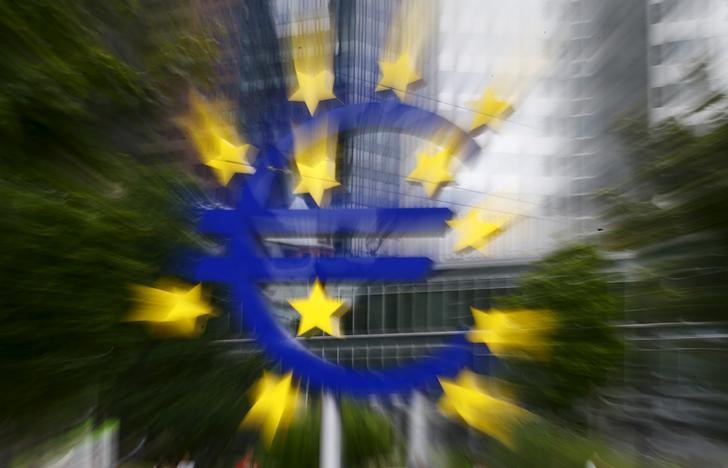Inflation on the Rise in the Eurozone
The Eurozone's inflation remained above the European Central Bank (ECB) target at 2.3% in November. According to Eurostat data, annual inflation increased from 2% in October to 2.3% in November. While this increase may seem like it could affect the ECB's economic policies, it is unlikely to delay plans for a rate cut.
Following inflation exceeding the target level, economic analyses suggest that the ECB is not considering significant changes to its plans to lower interest rates at its meeting in December. ECB economists expect the inflation rate to decrease to the targeted 2% level next year. However, ongoing price increases in the service sector continue to be a concern for policymakers.
Core inflation remained stable at 2.7% in November, compared to the 2.8% expected by economists. When determining core inflation, fluctuations in energy and food prices are excluded. Energy prices showed a more moderate decline this year following sharp drops in November of the previous year. During this period, service inflation decreased to 3.9%, while the significant increases in service prices remain a concern for the ECB.
Developments in the energy and services sectors play an important role in shaping economic expectations. In major Eurozone economies like Germany and Spain, fluctuations in energy prices have resulted in rising inflation rates, whereas in France, economic stagnation is evident, with prices remaining below 2% for the third consecutive month.
This rise in inflation in November may prompt ECB policymakers to adopt a more cautious approach towards reducing borrowing costs. The Eurozone economy continues to experience challenges in its recovery process due to global and regional uncertainties. This situation strengthens expectations among investors that the ECB will implement an interest rate cut at its meeting in December.
These developments in the Eurozone economies and the ECB's policy strategy are closely monitored for both European and global economic markets. The ECB's actions will be shaped by the balance of supporting economic recovery and controlling inflation, while decisions regarding interest rates will be pivotal for the global economic outlook.


